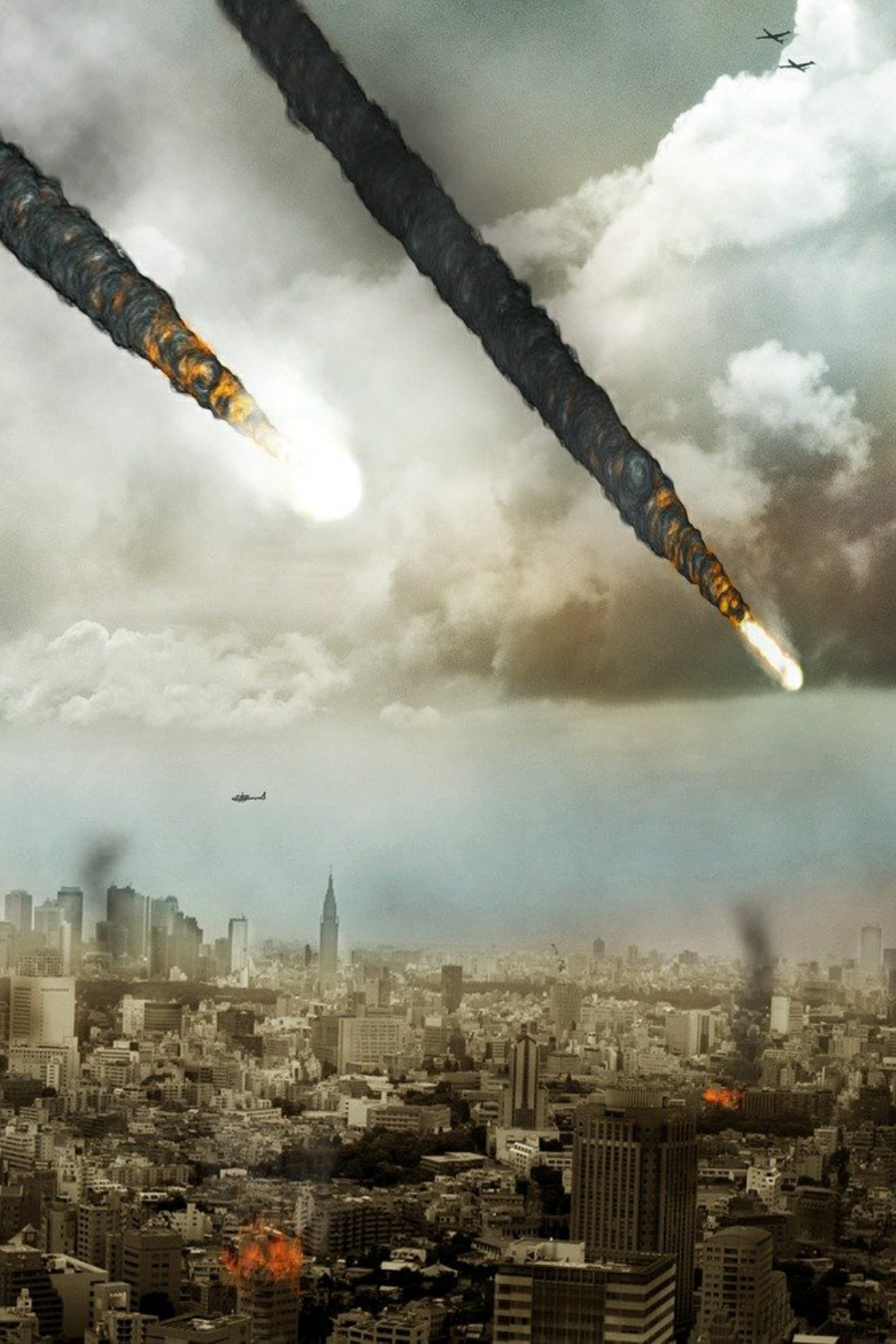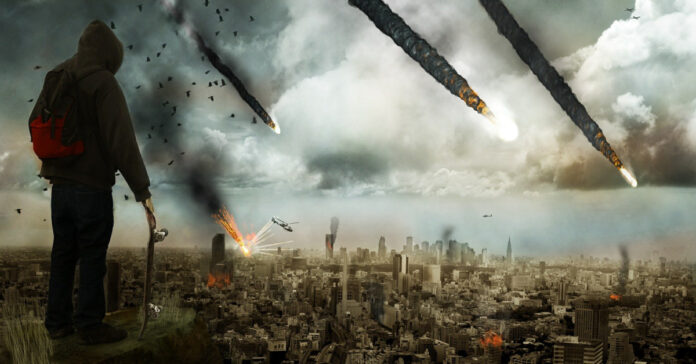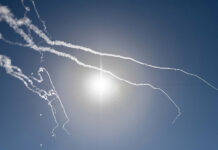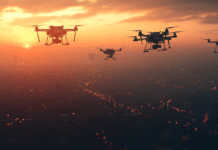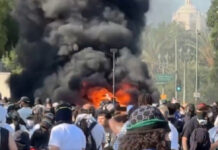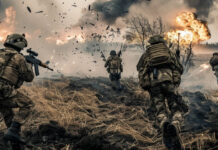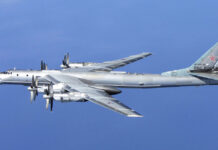The War in Ukraine is approaching the two-year mark, and by all reports, Ukraine is running out of soldiers, armaments, and options. It’s more likely there will be some sort of peace agreement in 2024 than it is that Ukraine will drive out the invaders and recapture its territory. It appears this war—or rather the threat of a broader war with Russia—is more of a concern in Sweden and Finland than it is in Washington.
Have you noticed that the Gaza Strip is suddenly off the front page and less visible in the news coverage? The war in Israel is still ongoing, but it looks like Hezbollah might be the next front as Israel makes moves that direction. The Houthis are getting more media coverage with their missiles attacks on the Red Sea than Hamas or Hezbollah do with their rocket attacks on Israel. Why? Because a few dead Israelis don’t affect markets like a few damaged container ships do.
But the war that is getting even less coverage is the Korean War, which North Korean leader Kim Jong Un seems to want to ramp back up. Always belligerent and threatening, he has moved from shooting off his mouth to firing hundreds of artillery shells across a disputed border area. He continues to threaten South Korea and calls for their annihilation. His rhetoric is rising and a nuclear weapons test may lie in the future.
North Korea is also part of the new Axis of Evil. They have always been close to China and are now supplying Russia with ballistic missiles for use against Ukraine. Who could have imagined three years ago that the Hermit Kingdom would be supplying Russia with ammunition? Talk about a reversal of fortunes.
The Biggest Threat
While any of these three wars could metastasize into a larger conflict involving the United States and other parties, I think the most dangerous may well be North Korea. Their volatility and their lack of desire to play by the rules, combined with the great strides they have made in missile production and nuclear weapons, make them an unpredictable threat. I have heard it said Putin didn’t attack Ukraine while Trump was president because he didn’t know how Trump would react or overreact. I’d say Kim and North Korea fall into the same category. No one knows what they will do, so they steer away from outright war.
Of course, not mentioned above is a war that has not yet broken out—the expected Chinese invasion of Taiwan. That war is dangerous because of its scope and the near certainty the U.S. would get involved. While Russia seems unwilling to go toe-to-toe with NATO and the U.S., China appears to be less intimidated. Add to this scenario the concern China might unleash North Korea at the same time it invades Taiwan and things will get ugly quickly. The U.S. and its allies would fight to support both Taiwan and South Korea, fighting two countries with enormous armies and a growing stockpile of missiles.
Prepping to Survive War
Any preppers who were not prepared for war should have changed their stance when Russia invaded Ukraine. For me, that meant reevaluating our preparedness for a nuclear war and recognizing that we would have to count on our location between two arms of a mountain to protect us from direct attacks, any blast waves, and melt downs of any nuclear power plants. Our expectation is we survive an exchange of nuclear weapons but then must survive the aftermath, from fallout to a massive disruption and rapid collapse of society.
While we don’t have a fallout shelter, we have a basement and plans to hastily improve it, turning it into an improvised fallout shelter. It isn’t ideal, but it is better than living in a trench, like Cresson Kearny suggests.
If we live through the fallout period, then we find ourselves in a SHTF situation where our normal food, water and shelter preps are called upon. The only question then is will if there be a recovery, and if so, how long will it take?
Adjust and then Proceed
There is very little you or I can do about a war. We can’t stop it, change it, or influence it. Unless it’s a civil war or revolution in this country, chances are we won’t be fighting in it. So I don’t worry about wars I can’t control. When a new war breaks out, I adjust my plans and possibly my preps accordingly and proceed with my life.
A new war might encourage me to buy some more food, just as the threat of an ice storm makes me recharge all my batteries. It might motivate me to buy a few tins of canned ham the next time I go to Walmart or to double check how much chicken feed I have on hand. The Russian invasion of Ukraine was a motivator, and I upped my prepping after it broke out, but I didn’t change much of what I was doing. I just did it more.
If you are not as well prepped as you would like, then prep more. Make plans and make lists. Build your stockpile and your skill set. Whatever happens next may catch you by surprise, but it shouldn’t catch you unprepared.
